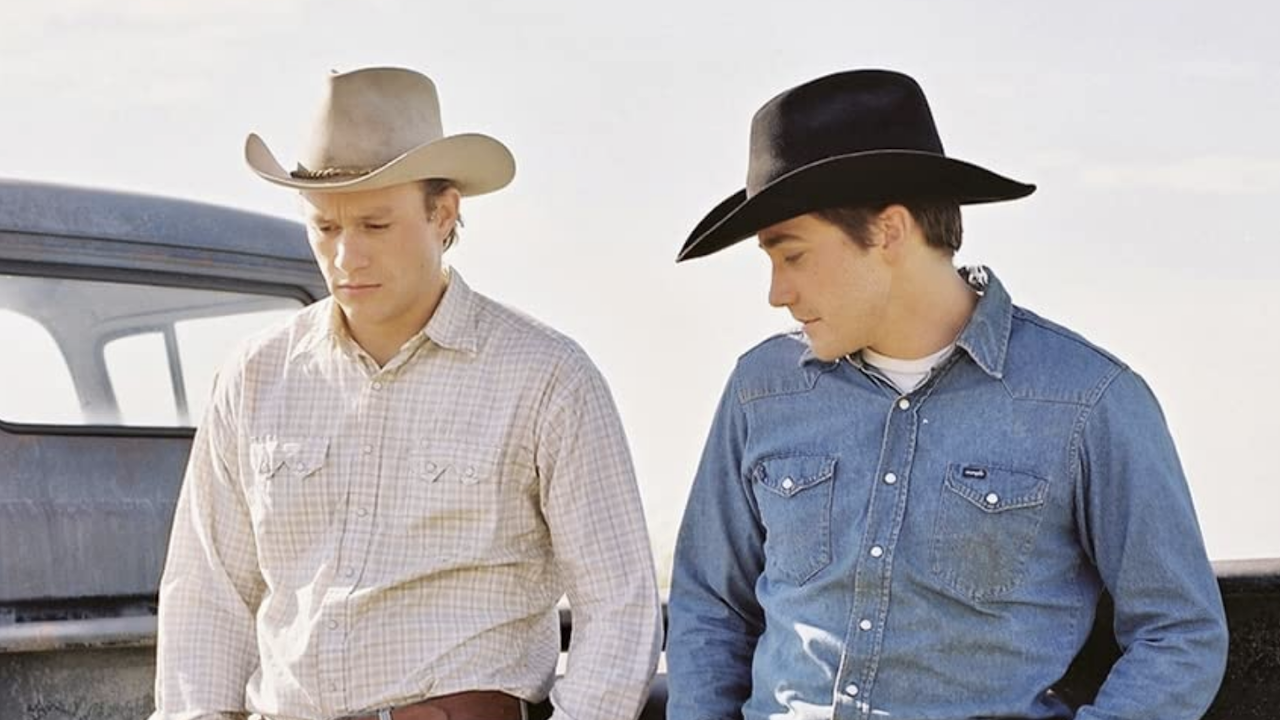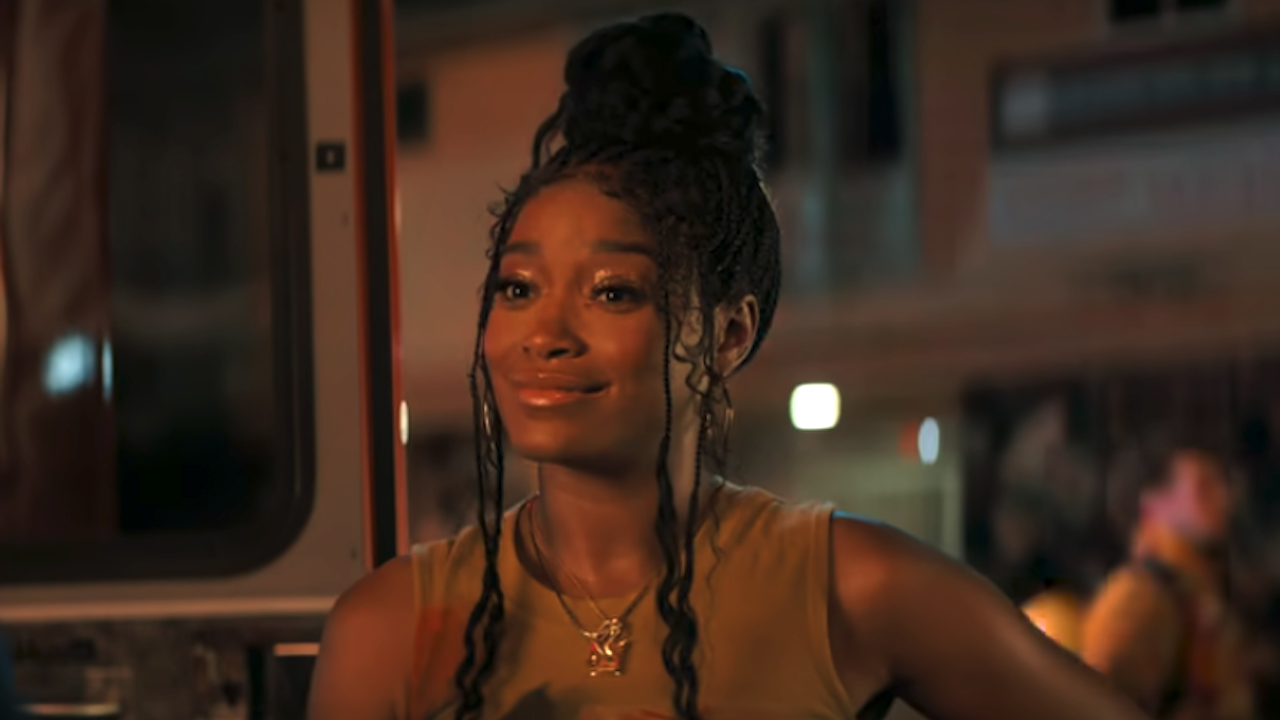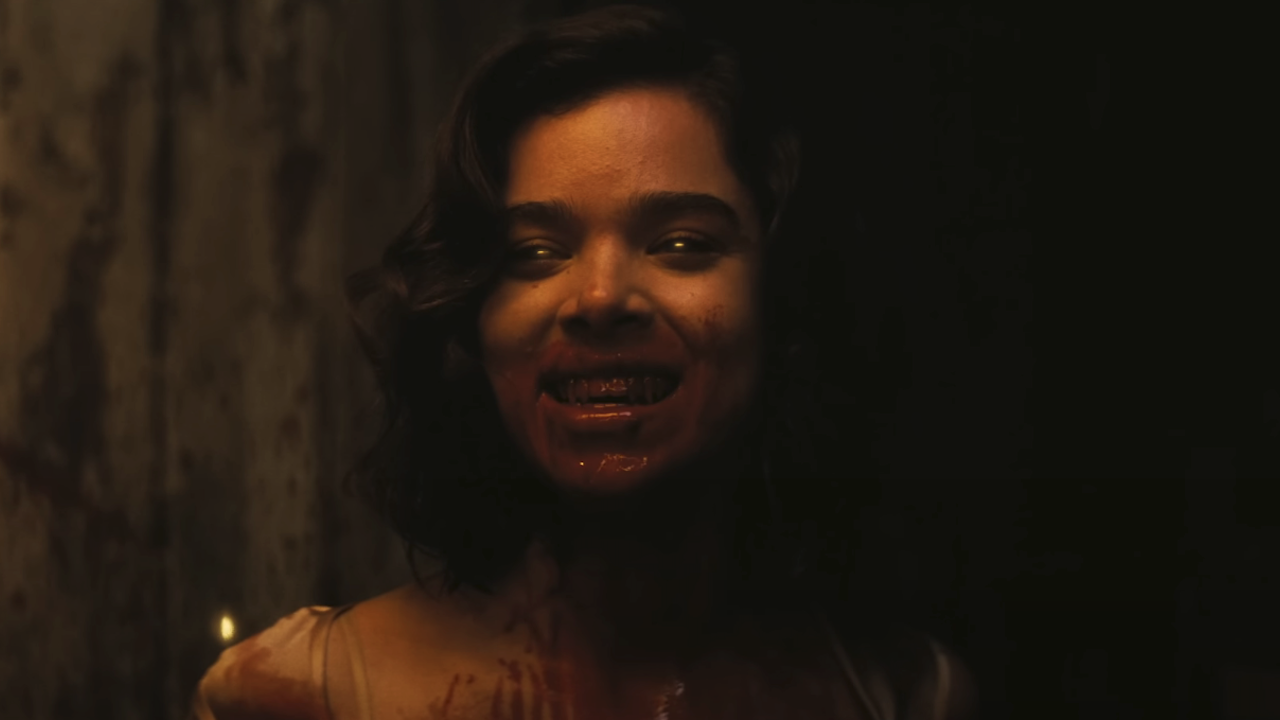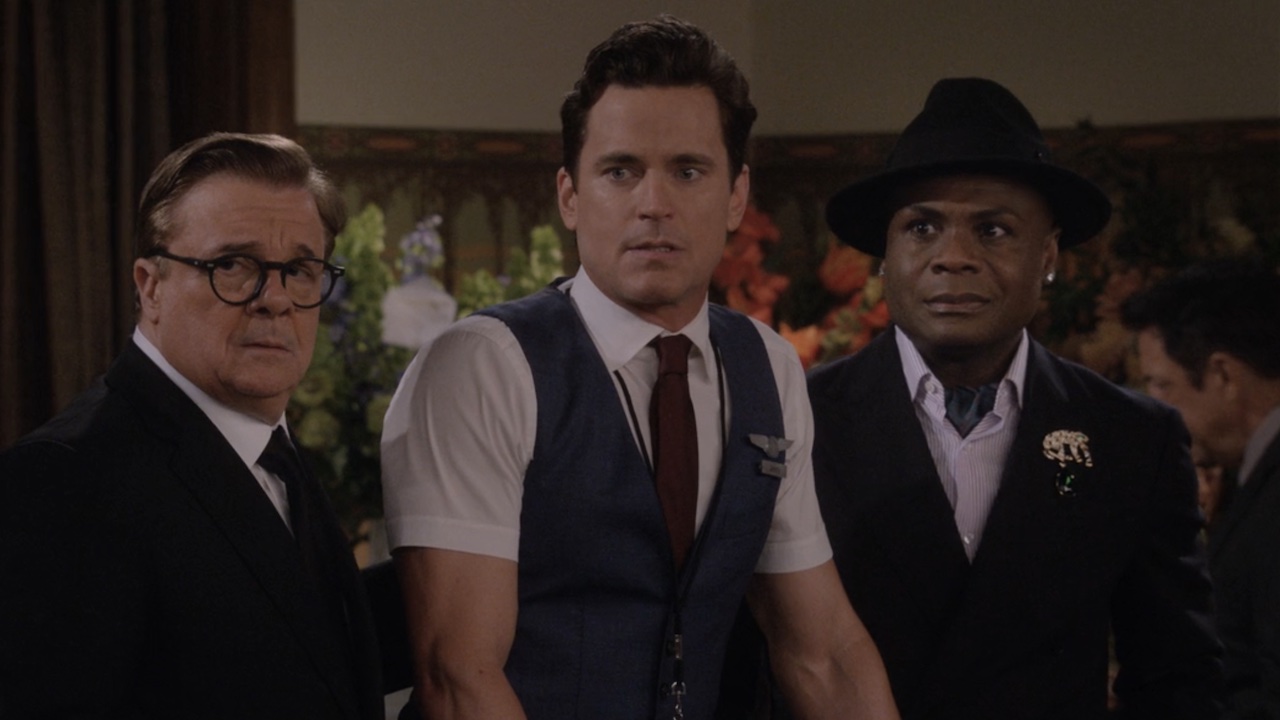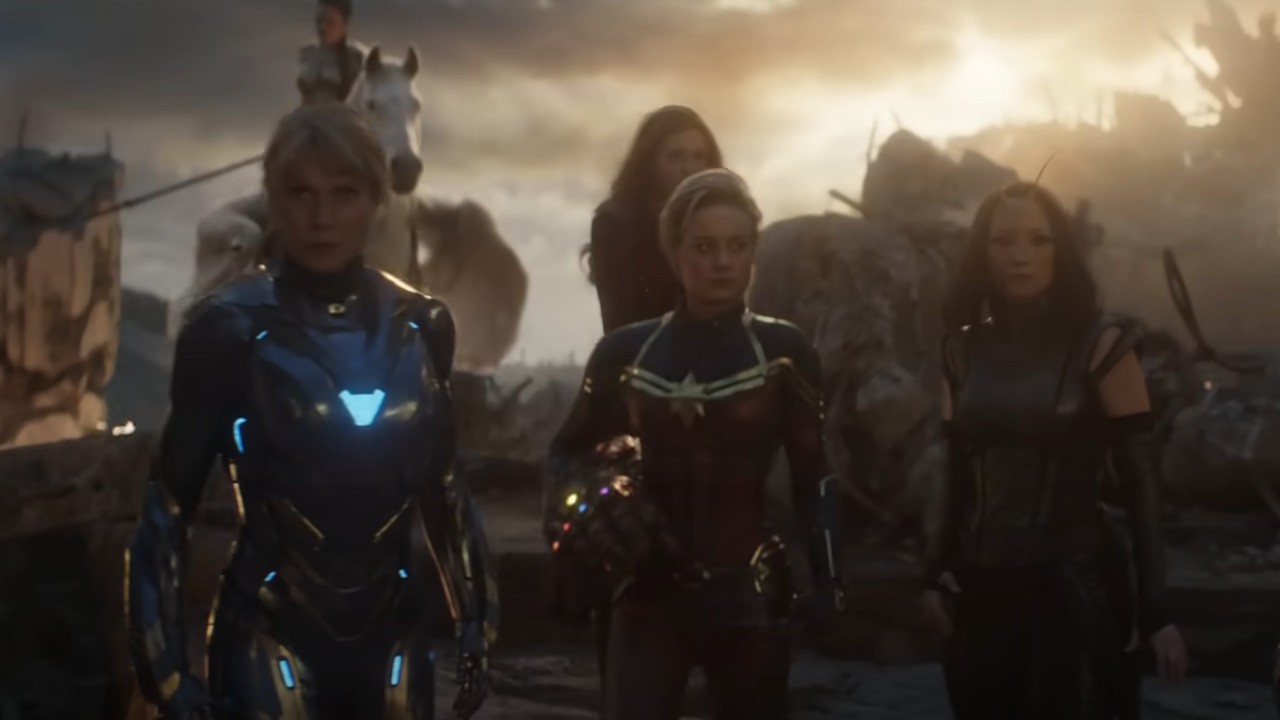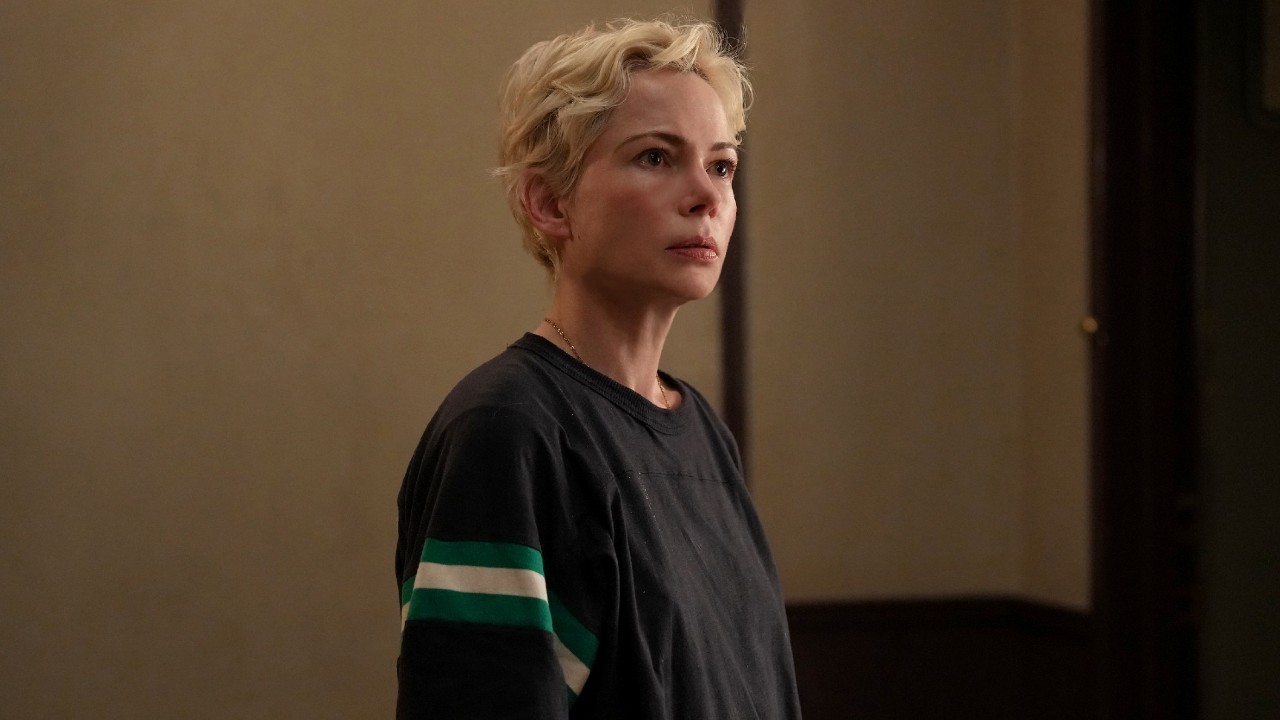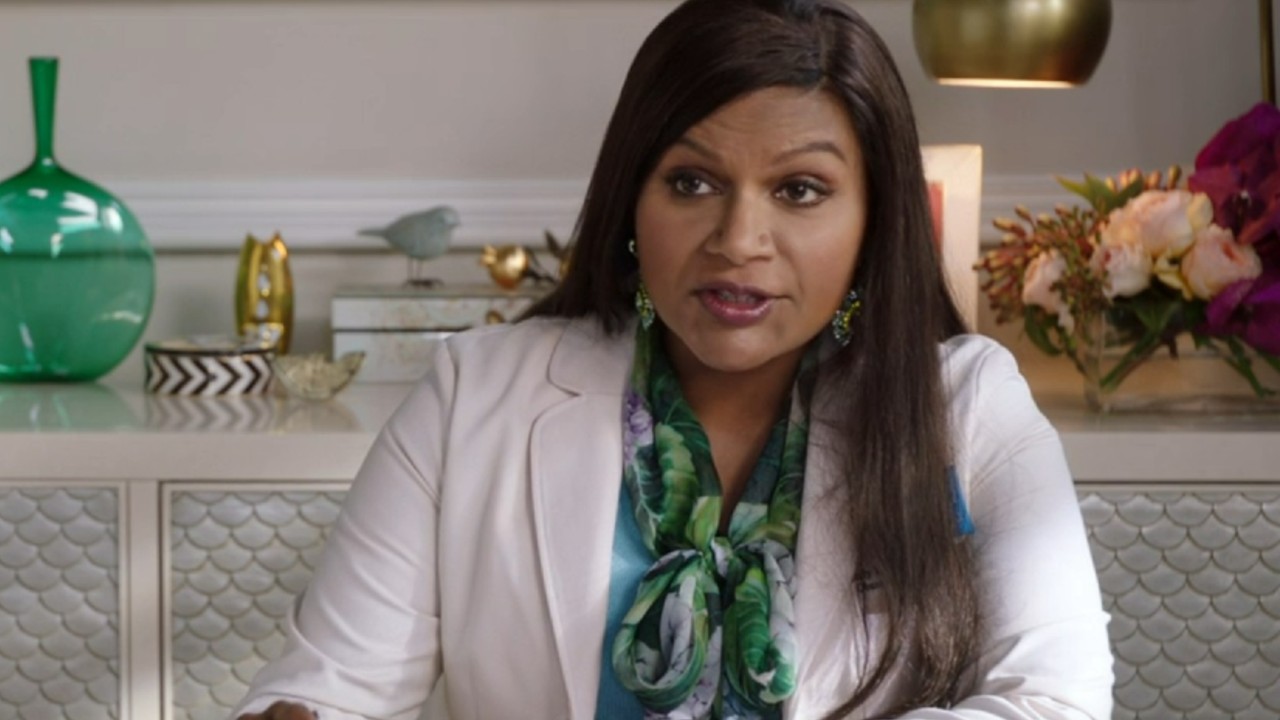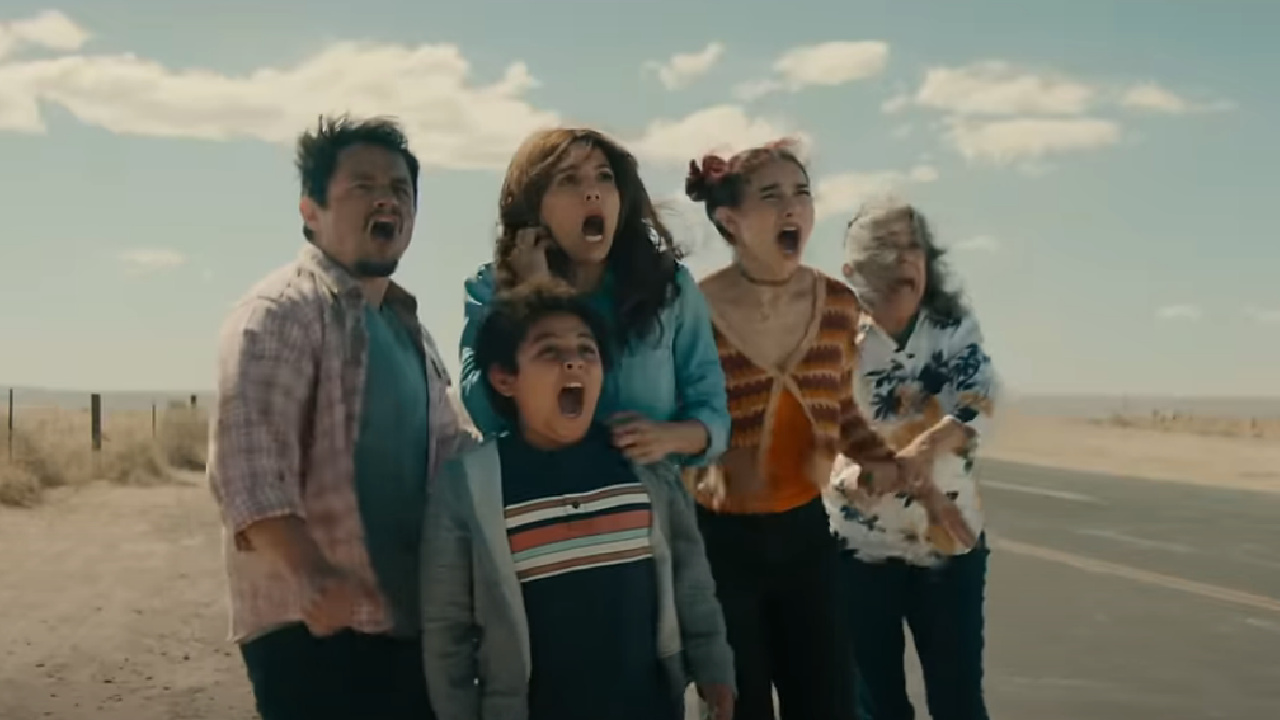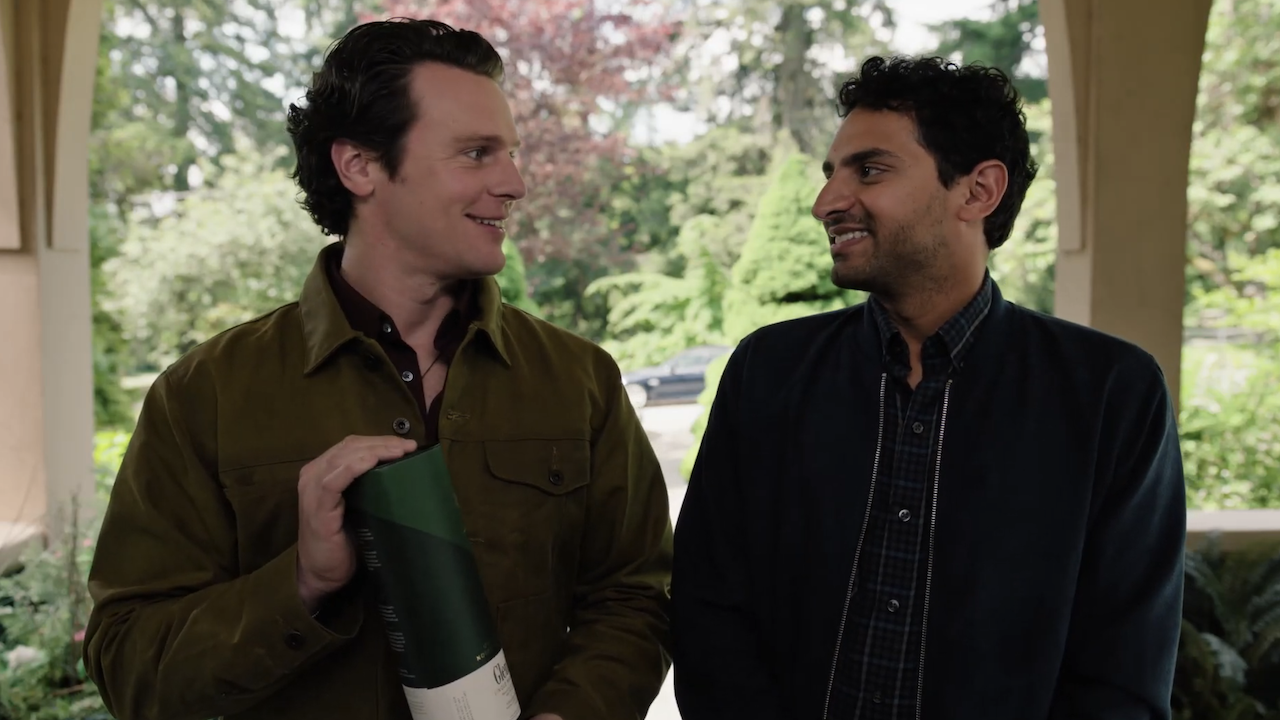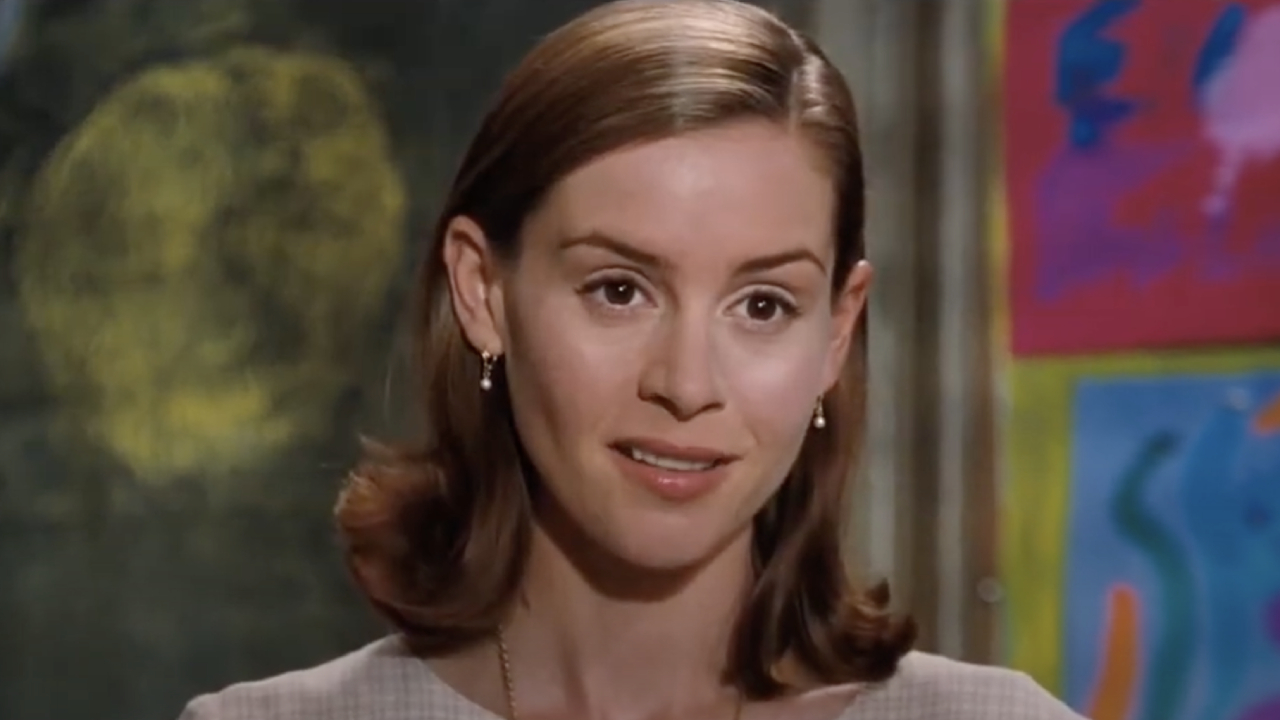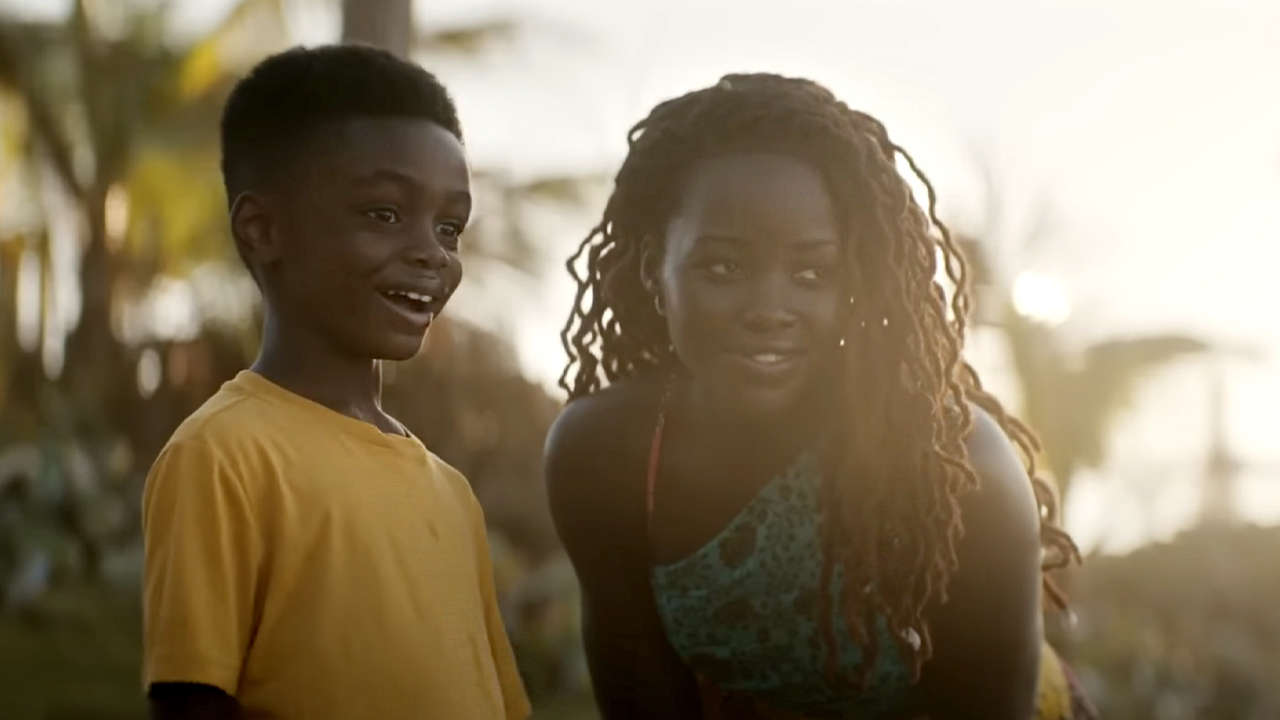5 Reasons Why You Should Stream 13th on Netflix
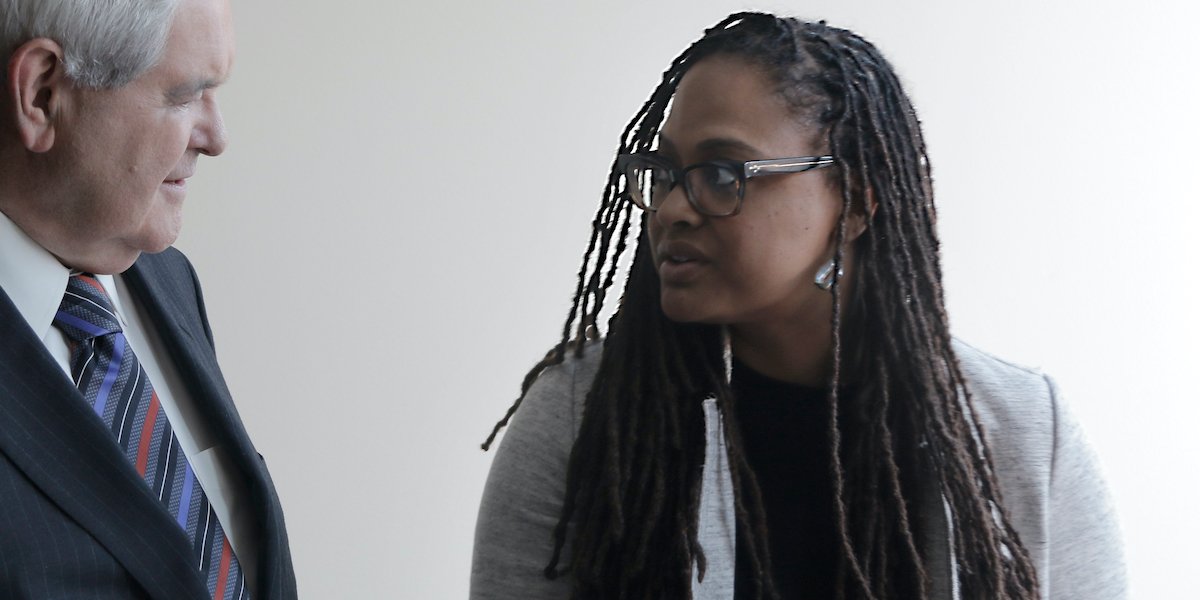
13th is the powerful documentary by Ava DuVernay that explores the prison system and how it is used as a weapon against minorities. The 100-minute film provides viewers with a vital history lesson on racial injustices that have hurt black Americans throughout the formation of this nation. It’s not an easy documentary to watch because it points a mirror back at the United States, and holds the entire nation accountable for the systems it instilled and created to oppress certain groups of people. 13th should be required viewing for all. Not everyone is going to like it or agree with the film’s stance, but that’s what makes it fascinating viewing.
While people are watching movies like The Help to better understand racial inequality and police brutality, there are many profound and educational films available by black filmmakers to view: 13th is one of those films. If you’re still unsure about whether to watch 13th, here’s some reasons to check it out:

It Makes You Reevaluate The Prison System
13th shows how the prison system began after the Civil War. The documentary highlights how prisons and incarceration began as a way for the South to continue to have free labor. The 13th Amendment of the Constitution granted everyone freedom from slavery--except those in prison for a crime. This led to the targeting of black people for any minor crime, so that they could be used for free labor.
According to 13th, D. W. Griffith created the 1915 film Birth of a Nation to help demonize the black man, which created fear, division, and terrorism against black Americans. DuVernay eloquently lays out her evidence to show how the prison system in the past helped divide the nation even further. She also shows how centuries of imprisonment of guilty and innocent black and brown people helped internalize and elevate the nation’s fear of black people. DuVernay also shows how the whole prison system works as a business. It allows big corporations to use free labor, while creating these laws that disproportionately hurt underprivileged black and brown people.
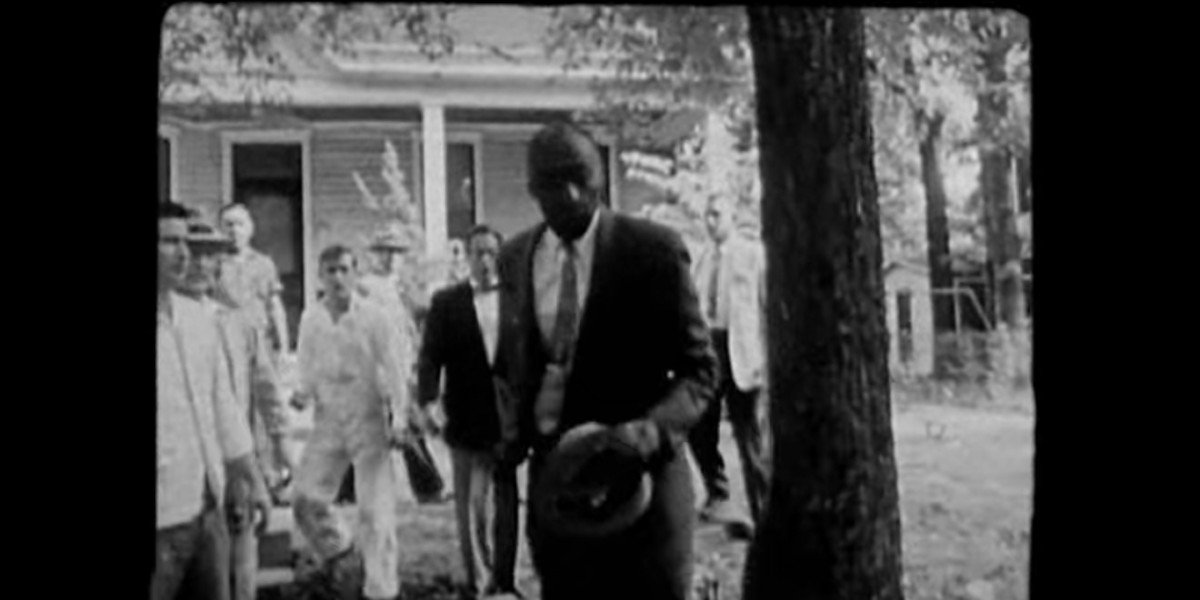
It Shows The Repetitive Nature Of History
The first half of 13th shows how there was slavery, then the KKK terrorizing black people, then segregation, and now the prison system and police brutality. The film shows a cycle of harmful patterns against African Americans, and how it continues to repeat. The film criticizes political leaders like Ronald Reagan, Richard Nixon, Bill Clinton, and Donald Trump--showing how they’ve all played a part in the nation’s criminalizing of black Americans.
One of 13th’s most powerful moments is when DuVernay uses archival footage from the early 1900s and Civil Rights movement to show how black people were bullied and beat by white Americans, and pairs that with footage from the last few years of the same thing, while Trump talks about “the good ol’ days.” It’s sequences like that, and others, that shows this harmful, repetitive cycle of history.
13th also weaves in some of the most devastating racially based moments of today, like the murder of Trayvon Martin and Eric Garner, with past similar incidents like the murder of Emmett Till, and the wrongful imprisonment of the Central Park Five.
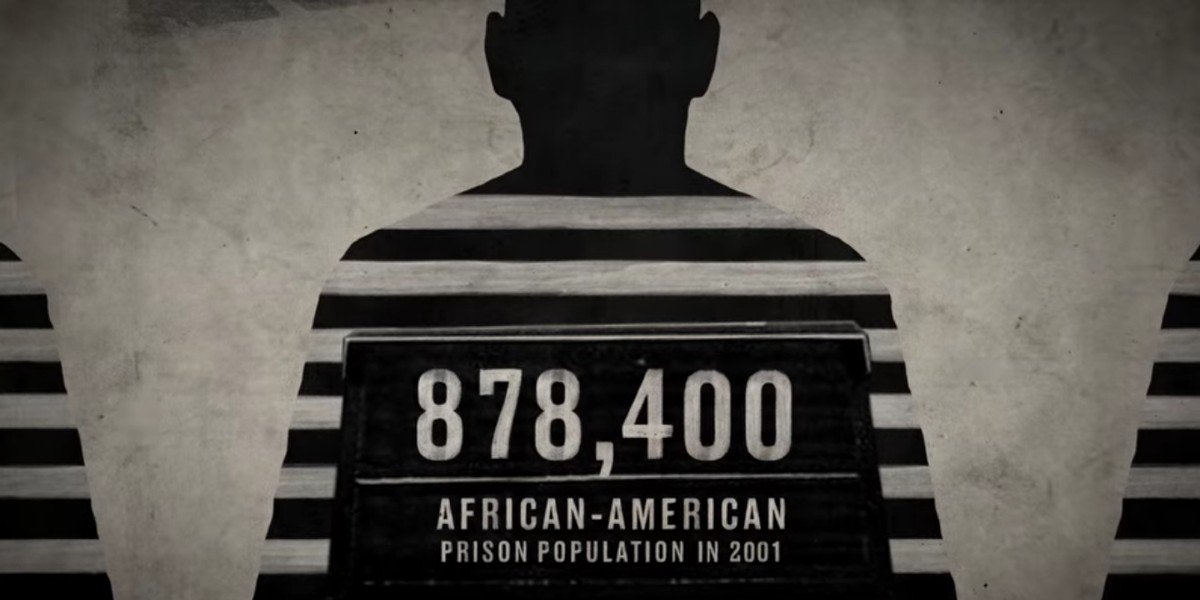
13th Shows The Use of Institutional Racism In The United States
13th really drives home the message of how the systems in place, especially the justice system, are designed to keep black and brown people oppressed. One of 13th’s most powerful facts is that 97 percent of those incarcerated have never had a trial. According to the film, Innocent and guilty people of color will take a lesser sentence out of fear of getting the maximum one. They won’t fight for their freedom by going to court, even if they’re innocent.
DuVernay and the people featured also discussed how the distribution of wealth adds to this as well. Those who are wealthy can afford lawyers, bail, and things of that nature, whereas poverty doesn’t allow the same luxuries as legal defense and bail.
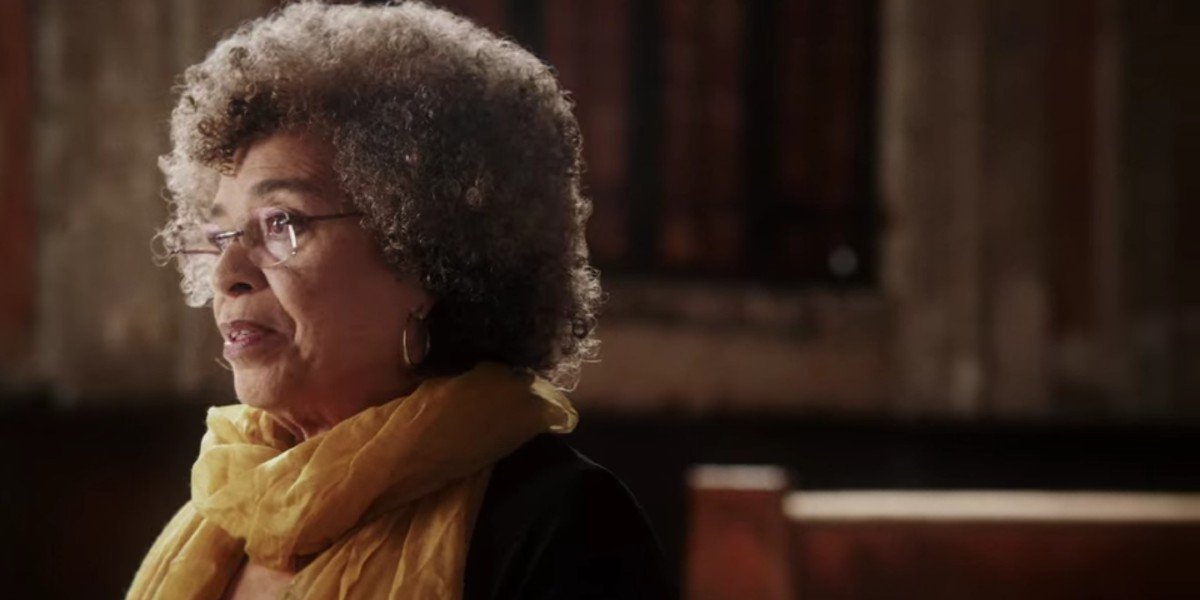
To Hear Historians Speak On The Past And Present State Of Racial Inequality
DuVernay tried to get the input and voices of people from all sides of the political coin. In her interview (also on Netflix) with Oprah about 13th, she shared that at least 40 percent of those interviewed were conservatives. The film allows you to hear views from both sides of the discussion. It also has some insight and perspective from historical figures that have been in the fight for equal rights for decades, like legend Angela Davis.
13th allows viewers to listen to how historical figures and historians believe the criminal and political systems have changed and evolved in the United States.
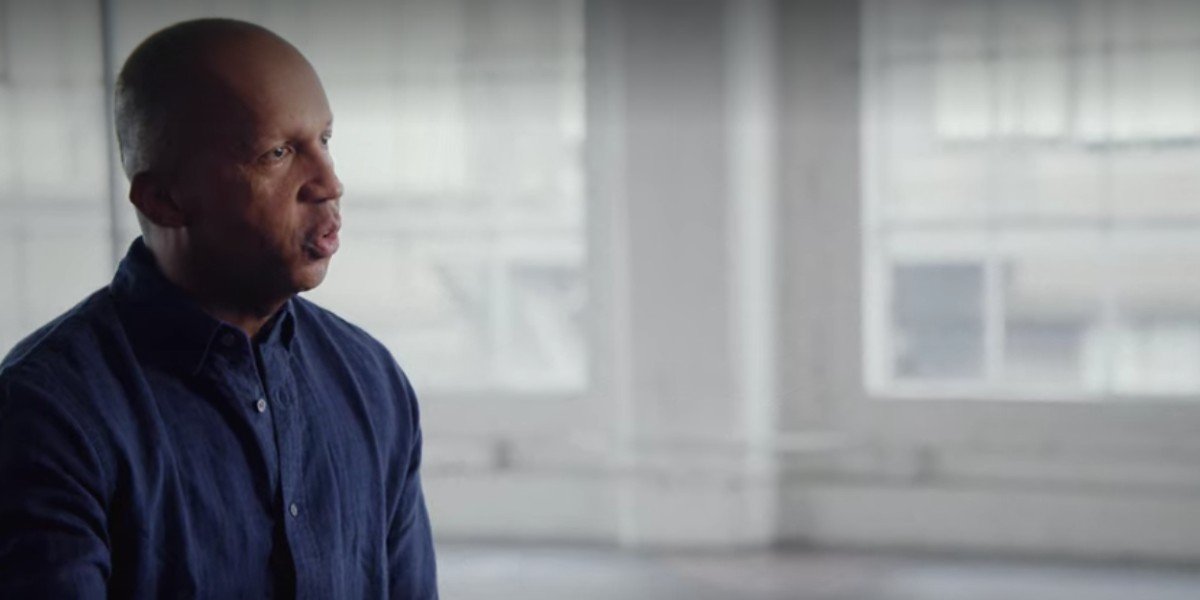
To Become More Informed About The Experience Of Black And Brown Americans
Likely, if you’re interested in watching 13th, then you want to learn more about the prison system, and what Ava DuVernay and others have to say about it. This film isn’t geared toward any specific race, instead it’s speaking to all audiences open to the film’s message. 13th presents facts and opinions in a way that those watching can make of them how they see fit. Watching 13th with an open mind allows you to absorb the information, and then form your own opinions of it. For some, they will rage against the film and label it propaganda and false. For others, they might see how incarceration and the criminal justice system might structurally work against certain groups of minorities.
The film, like any documentary, is going to be divisive, but for those who watch it seeking out a way to understand centuries of oppression, then 13th does a good job of laying out its case against the prison system. The audience can then seek out more opinions and voices on the topic, reflect on the film, or take action to support or oppose the film’s arguments. Either way, it’s a film worth your time.
Ava DuVernay will continue to build her resume with a variety of projects, but 13th is definitely one of her most interesting films. You can stream 13th on Netflix here.
CINEMABLEND NEWSLETTER
Your Daily Blend of Entertainment News
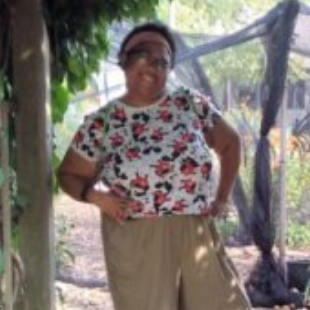
Spent most of my life in various parts of Illinois, including attending college in Evanston. I have been a life long lover of pop culture, especially television, turned that passion into writing about all things entertainment related. When I'm not writing about pop culture, I can be found channeling Gordon Ramsay by kicking people out the kitchen.
